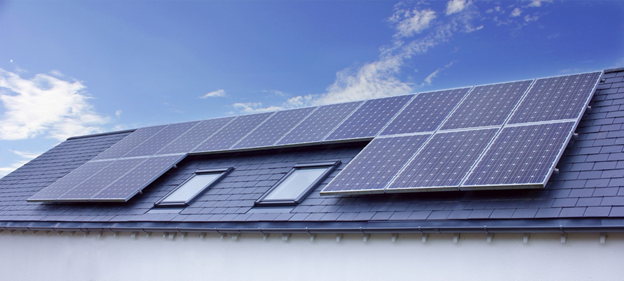Considering going solar? Many homeowners are considering residential solar for their properties, especially when you consider the environmental and financial benefits. While there are many benefits to residential solar panels, some are cautious and wonder if residential solar panels can pay for themselves over the years.
This is an important consideration when it comes to solar panel installation. Solar panels do pay for themselves, but the payback period can vary on a few different factors. Read on to find out all that you need to know.
The Cost of Solar Panel Installation
The cost of solar panel installation is one of the major factors that will determine when you break even. Costs can vary for residential solar panel installation, but keep in mind that you can benefit from the federal solar tax credit. This equates to a 26% discount on the cost of solar panel installation. It is important to find a reputable residential solar provider to maximize savings.
Electricity Generation & Usage
Another key factor in determining how long it takes to break even is how much electricity your system generates. This will depend on the size of your system, how sunny it is where you live and your energy usage needs. Additionally, keep in mind that any surplus electricity that you generate you can sell back to the grid for a solar credit.
Calculating Your Payback Period
The payback period is not a straightforward answer, but there is a rough calculation that you can use to work out your solar panel payback period as well as calculator tools.
You will first want to subtract any incentives and rebates from the total gross cost of residential solar panel installation. Next, you need to calculate the annual financial benefits from your residential solar panels. Finally, you will divide your costs by annual financial benefits to reach your break-even point.
As an example, if you have a system that cost $30,000 with $10,000 in incentives and rebates, this would give you a combined cost of $20,000. If you then made annual benefits of $2,700, this would give you a payback period of 7.4 years.
Average Figures
As you might expect, the average payback period can vary in the US depending on where you are. Overall, the average solar payback period is around 8 years. When you consider that most systems last for around 25 years, this makes solar panels a smart financial investment with the ability to create free, clean energy for almost two decades.
Not only this, but you also need to factor in the rising cost of electricity that you would be facing in this period. Solar panels protect you against rising energy costs while also adding value to your property amongst other benefits.
Consider Residential Solar Panels for Long Term Savings
Residential solar panels will pay for themselves, but it is not straightforward how long this payback period will be. Usually, they are worth the investment as you can make long term savings while also reducing environmental impact and adding value to your home.
If you enjoyed this post, check out our other home improvement content today.

